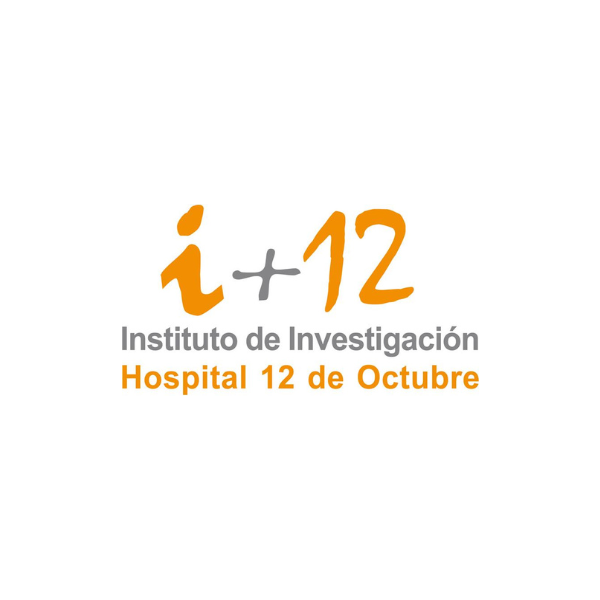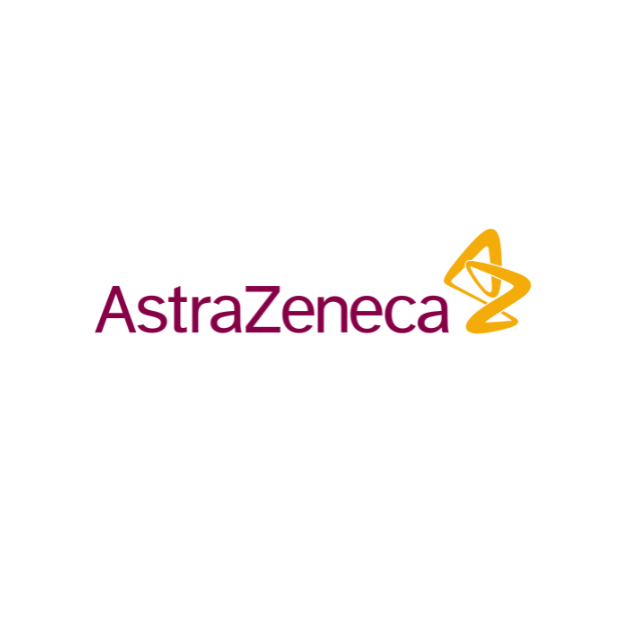EIT Health, in partnership with AstraZeneca Spain, Madrid’s Healthcare System SERMAS, and Hospital 12 Octubre Research Institute (i+12), is launching a new challenge to drive innovation in breast cancer care. The goal is to improve access to timely and coordinated care and advance personalised approaches in screening, diagnosis, treatment and monitoring.
We are looking for solutions that address the following areas:
Topic A) Accessible, Coordinated, and Close-to-Patient Breast Cancer Care
Improving access to early detection, accurate diagnosis, appropriate therapies, at-home monitoring, and coordinated care to ensure that every patient, regardless of location or resources, receives the best possible care. Potential solutions may include:
- Scalable and cost-effective diagnostic tools to improve screening accessibility, particularly for underserved populations, including self-screening innovations for early detection and personalised healthcare.
- New tools for early, accurate, and personalised detection, integrating existing data for precise risk assessment to enhance screening and reduce missed or late diagnoses.
- Expanding access to at-home treatment and monitoring through innovative IVD tools that enable affordable and rapid biomarker testing.
- Enhancing care coordination by integrating multimodal data and streamlining workflows, reducing healthcare provider workload and improving clinical decision-making.
Topic B) Personalised and Data-Driven Breast Cancer Diagnosis, Treatment, and Monitoring
Leveraging technology to tailor diagnosis, treatment selection, and disease monitoring based on individual patient needs. Potential solutions may include:
- Minimally invasive diagnostics, including AI-driven imaging, molecular diagnostics, and liquid biopsies, for early detection and personalised treatment.
- Multimodal tools combining imaging, clinical, and biomarker data to improve early diagnosis and patient stratification.
- Predictive treatment response and tumour monitoring, using integrated clinical and biomarker data to support better treatment decisions.
- Innovative monitoring tools, such as predictive algorithms and IVDs, to personalise treatment decisions.
- Tumour growth and relapse tracking, including Minimal Residual Disease (MRD) detection from blood or imaging, to reduce unnecessary treatments and follow-ups.
- Enhanced care coordination, with centralised systems and streamlined workflows, improving specialist communication, integrating multimodal data, and reducing delays in diagnosis and treatment.
By advancing precision medicine, AI, and digital health solutions, we aim to make breast cancer care more personalised, accessible, and data-driven. These innovations will not only improve survival rates but also enhance quality of life by reducing unnecessary treatments and hospital visits, ensuring that every patient receives timely, effective, and tailored care.







